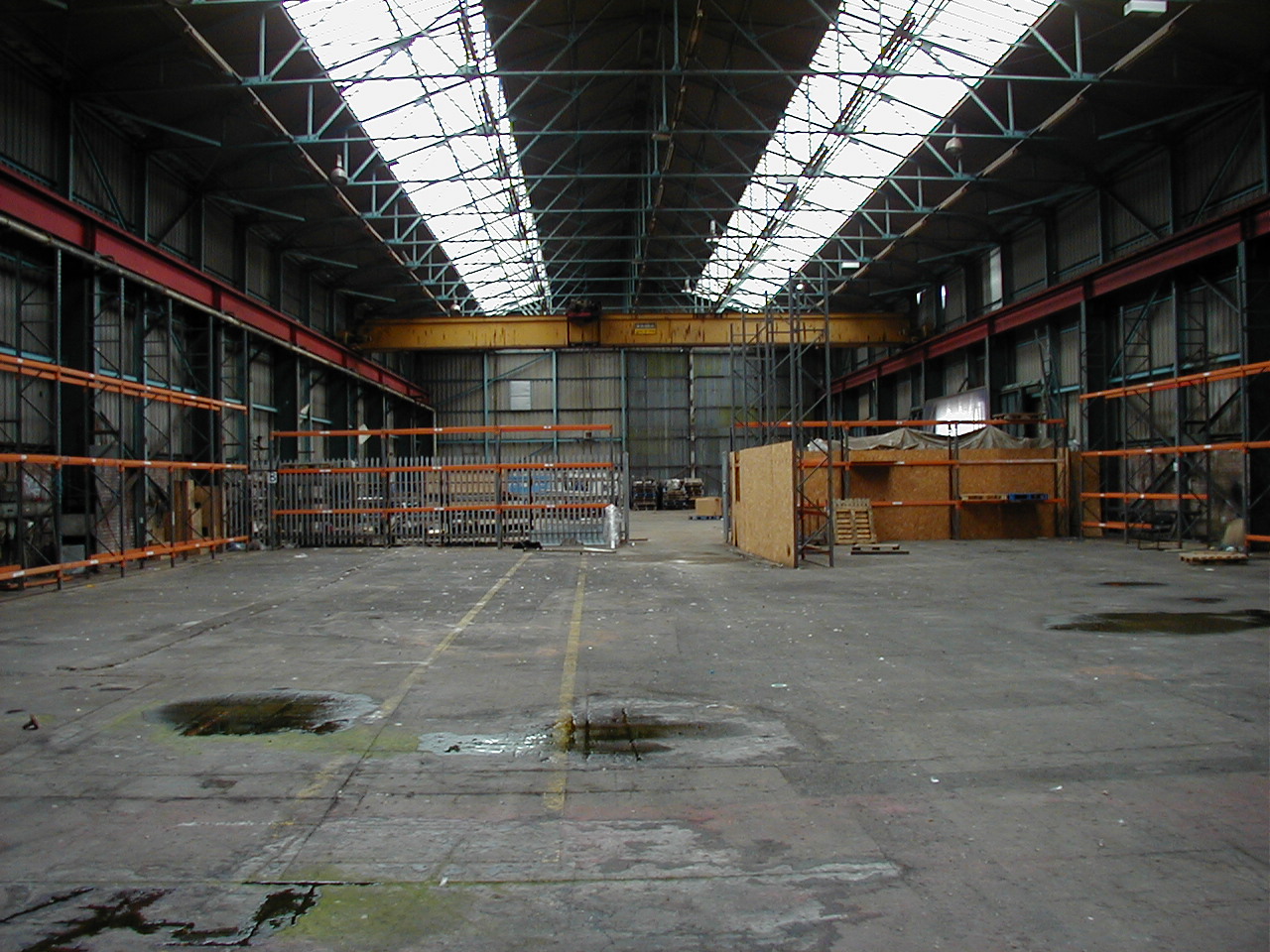Warehouse Startup Opportunities
Image Courtesy:

Warehouse Startup Opportunities
Warehouse Startup opportunities are plenty in the current environment especially due to e-commerce explosion.
Warehouses play an important role in Supply Chain Management. Normally ,warehouses are located close to the market. It facilitates faster replenishment of sellers’ stock so that it is available when customers want to buy.
The third party logistics service providers offer warehousing facilities as a part of the supply chain. The transport industry has added this activity as a value addition to their business.
A company, producing variety of SKUs ( Stock Keeping Units) may be in one location or may be spread across different locations. The dealers, who sell to end customers, will need a mix of these SKUs. The company cannot dispatch the mixed bag required directly from their factories. The warehouse assembles the dealer orders and dispatches the mixed bag.(Kitting).
Automobile manufacturer follow this model for supplying spare parts by having third party warehouses in different parts of the market.
The capital investment required for most of the warehouse businesses is moderate and hence can be boot strapped. The warehouse will require material handling equipments, bins, IT systems and human resources.
Warehouse Startup Business Current Opportunities
The growth of e-commerce business has given a fillip to
warehouse businesses. The e-commerce can supply customers’ orders only from warehouses
and has thus become a crucial requirement.
This has provided new business opportunities for a startup entrepreneur.
ROI for the Manufacturer
The manufacturer incurs additional costs by having an intermediate storage. This storage helps in reducing stock outs and improves customer satisfaction. The costs of losing a customer is several times both the inventory carrying costs and the service fees paid to the warehouse operator.
Warehousing Revenue Model
The fixed cost incurred in a warehouse will normally be 60-70 % of the total expenses. The startup can negotiate fixed fees irrespective of the volume of business and variable cost linked to performance measures
Warehouse Performance Measures
Critical Measures
The manufacturers expect 100% error free service for the following parameters.
1. The manufacturer gives daily dispatch orders.
2. The receiving location confirms receipt of supply SKU wise. There should be no variation in receipts in SKUs mentioned in the dispatch documents.(Delivery Challans)
Other performance Measures
i. Stock Keeping Accuracy
The physical and book stock of SKUs stored in the warehouse should match. A perpetual inventory system where stock of each item is physically verified, at least, once in two months
ii. Cleanliness & 5 S principle
The warehouse cleanliness needs to be checked by the warehouse manager, daily and a record should be kept. The Company mangers should pay a surprise visit to the warehouse at least twice a month and record their findings.
iii. Safety of employees
iv. Equipment Maintenance records
v. MIS
The agreement contains the number and the frequency of information reports to be sent to the manufacturer. The measurement should be on the extent of compliance.

Recommended Model for Performance Measurement Systems
Warehouse Startup- How to have win win for both manufacturer and startup
70% of the total cost will be fixed and the balance 30 % of variable payment could be linked to all the above performance measures. 15 % should be given to the two critical performance measures.
Ø 95% Full Payment
Ø 90-95% 80% payment
Ø 85-90 75% Payment
Ø < 85% No variable Component
Proper warehouse management can lead to customer satisfaction and profitability.

